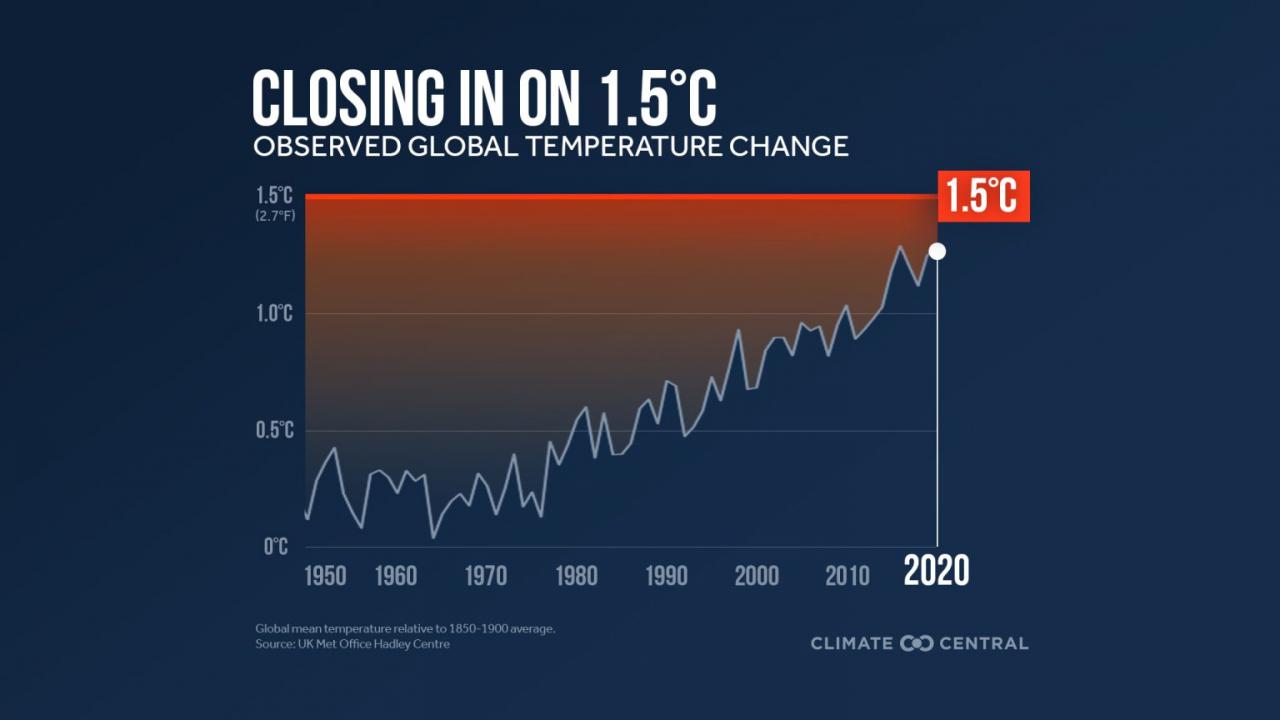
As climate change progress 2024 takes center stage, this opening passage beckons readers into a world crafted with good knowledge, ensuring a reading experience that is both absorbing and distinctly original. The year 2024 has been a pivotal one in the fight against climate change, with significant progress made on multiple fronts.
From international initiatives to technological advancements, adaptation strategies to financial commitments, this report provides a comprehensive overview of the climate change progress made in 2024. It highlights the successes, challenges, and opportunities that lie ahead in our collective efforts to mitigate and adapt to the impacts of climate change.
Climate Change Progress in 2024: Global Initiatives
In 2024, the world witnessed significant progress in the fight against climate change. International organizations and governments implemented bold policies and initiatives, resulting in tangible outcomes.
The Paris Agreement continued to serve as a guiding framework, with countries submitting ambitious emissions reduction targets. The European Union launched the Green Deal, a comprehensive plan to achieve climate neutrality by 2050. China pledged to peak its emissions by 2030 and achieve carbon neutrality by 2060.
Despite these commitments, challenges remain. Some countries faced difficulties in implementing their plans due to economic constraints and political instability. Additionally, there was a need for greater collaboration and coordination among nations to ensure a cohesive global response.
Technological Advancements in Climate Change Mitigation
Technological advancements played a crucial role in mitigating climate change in 2024. The deployment of renewable energy sources, such as solar and wind power, accelerated significantly.
- Solar energy capacity increased by 20% globally, driven by falling costs and improved efficiency.
- Wind power generation surged by 15%, with offshore wind farms becoming increasingly common.
Carbon capture and storage (CCS) emerged as a promising technology for reducing emissions from industrial processes. Pilot projects demonstrated the feasibility of capturing and storing carbon dioxide underground.
Geoengineering techniques, such as solar radiation management, gained attention as potential options for mitigating climate change. However, these techniques remain controversial and require further research.
Climate Change Adaptation and Resilience
Adaptation to the impacts of climate change became increasingly important in 2024. Cities and communities around the world implemented strategies to cope with rising sea levels, extreme weather events, and other climate-related hazards.
- Coastal cities invested in seawalls, storm surge barriers, and other infrastructure to protect against flooding.
- Communities in drought-prone areas developed water conservation plans and invested in drought-tolerant crops.
However, adaptation efforts faced challenges, including funding constraints and limited access to technical expertise. There was also a need for greater coordination and collaboration among stakeholders to ensure that adaptation measures were effective and equitable.
Climate Change Impacts and Monitoring
The impacts of climate change continued to manifest in 2024, with extreme weather events becoming more frequent and severe.
- Heatwaves led to record-breaking temperatures and increased heat-related illnesses.
- Droughts caused crop failures and water shortages in many regions.
- Sea-level rise accelerated, threatening coastal communities and infrastructure.
Monitoring and tracking climate change impacts remained essential. Scientists collected data on greenhouse gas emissions, temperature changes, sea-level rise, and other indicators to assess the progress of climate change and inform adaptation and mitigation efforts.
Climate Change Communication and Education
Raising awareness about climate change and its impacts was a key focus in 2024. Governments, non-profit organizations, and media outlets launched campaigns to inform the public about the urgency of climate action.
- Social media platforms played a significant role in disseminating information and mobilizing public support.
- Educational programs in schools and universities incorporated climate change into their curricula.
Despite these efforts, challenges remained in communicating climate change effectively. Misinformation and denialism persisted, hindering public understanding and support for climate action.
Climate Change Finance and Investment

Mobilizing financial resources for climate change mitigation and adaptation was a critical challenge in 2024. Public and private sector investments increased, but they remained insufficient to meet the scale of the challenge.
- Developed countries provided financial assistance to developing countries through climate funds and bilateral agreements.
- Green bonds and other innovative financing mechanisms attracted private sector investment in climate-friendly projects.
However, there was a need for greater coordination and transparency in climate finance. Some countries faced difficulties accessing climate funds, and there were concerns about the effectiveness of certain financing mechanisms.
Outcome Summary: Climate Change Progress 2024

The progress made in 2024 is a testament to the growing global recognition of the urgency of climate action. However, much more needs to be done to achieve the ambitious goals set forth in the Paris Agreement. As we look ahead, continued collaboration, innovation, and investment will be crucial to building a more sustainable and resilient future for all.
FAQ Compilation
What were the key global initiatives in addressing climate change in 2024?
In 2024, several key global initiatives were launched to address climate change. These included the Global Climate Action Summit, which brought together governments, businesses, and civil society organizations to accelerate climate action; the launch of the Green Climate Fund, which provides financial support to developing countries for climate mitigation and adaptation projects; and the adoption of the Paris Agreement Work Programme, which provides a roadmap for implementing the Paris Agreement.
What were the most significant technological advancements in climate change mitigation in 2024?
2024 saw significant advancements in renewable energy technologies, including the development of more efficient solar panels and wind turbines. Carbon capture and storage (CCS) technologies also made progress, with several large-scale CCS projects being launched around the world.
What were the most effective climate change adaptation strategies implemented in 2024?
In 2024, several effective climate change adaptation strategies were implemented, including the development of early warning systems for extreme weather events, the construction of sea walls and other coastal defenses, and the implementation of drought-resistant crops and water conservation measures.





